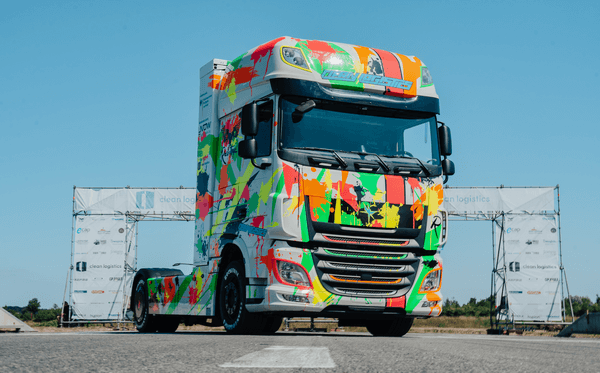News Release from windfair.net
Wind Industry Profile of
Hydrogen as the big saviour?
The institute says they analyze the emergence and impact of innovations and researches, the short- and long-term developments of innovation processes as well as the societal impact of new technologies and services. In this respect, the topic of hydrogen is red-hot for the researchers, because in climate policy there is hardly any other substance with so much hope placed to it.
As part of the HyPat research project, more than 40 energy system and hydrogen scenarios were re-evaluated and a closer look on the future development of hydrogen demand worldwide up to 2050 was taken. Hydrogen plays a crucial role in transforming the economy in the course of an energy transition towards a net-zero system that does not require carbon-based emissions. But is hydrogen really the savior that many see? Opinions differ widely on this.
Hydrogen will not play an equally important role in all areas. The great advantage of hydrogen and its synthesis products is their flexibility, which makes them particularly attractive for the transportation sector. According to the study, this is where the greatest demand is expected in the future, both in absolute terms and relative to the total energy requirement. Thus the meta-study calculates an average hydrogen share of 28 percent for the EU transport sector in 2050 - based on the total energy requirement of the EU transport sector - compared with only 14 percent in China and 16 percent worldwide. But the exact differentiation is difficult to predict, because while H2 synthesis products are set in international shipping and aviation, the situation is quite different on the road.
Just earlier this week, Alexander Vlaskamp, head of MAN, said that the use of hydrogen fuel cells for large-scale deployment in heavy-duty transport will take some time because "Green hydrogen is rare." In large numbers, fuel cell trucks could therefore not be used profitably until the early or mid-2030s at the earliest. He said his company will therefore focus on battery-powered trucks for now.

GP Joule recently signed a framework agreement in Germany with Clean Logistics to supply 5,000 hydrogen-powered trucks. The company - unlike others - is focusing on decarbonizing heavy-duty transport with hydrogen (Image: GP Joule).
In the industrial sector, demand forecasts are currently lower overall than in the transport sector. Here, too, though there are some industrial applications for which "there are no decarbonization alternatives (...), for instance, in iron and steel or basic chemicals," according to the study. In the buildings sector, on the other hand, demand looks even lower, and this is unlikely to change in the coming years.
Prof. Dr. Martin Wietschel, who heads the research work of the HyPat consortium, therefore comes to a sobering assessment: “Our evaluations underscore that hydrogen will play an important role in future global climate policy – but will not be the dominant final energy carrier of the future. In order to reduce greenhouse gas emissions globally, measures to save energy and direct electrification based on renewable power like in heat pumps, electric vehicles or heating networks, are seen as the most important levers. On the other hand, hydrogen does play a relevant role in specific applications where other technologies are either technically or economically not feasible.”
Demand for hydrogen can be increased if there are ambitious greenhouse gas reduction targets though, which is where politics come into play. The EU, for example, has already announced its intention to rely on green hydrogen and has geared its Green Deal to this. Europe's largest economy, Germany, in particular, is currently fully committed to the use of hydrogen - partly as a result of the war in Russia. On its homepage e.g. the German Federal Ministry of Economics quotes a European study that estimates that the hydrogen industry could create more than 5.4 million jobs and an annual turnover of 800 billion euros across Europe by 2050.
Either way, the EU has a special role to play in all scenarios: For Europe, the hydrogen share could be as high as 14 percent in 2050. Elsewhere, such as in China, most scenarios assume a hydrogen share of no more than 4 percent of final energy. So hydrogen is unlikely to be the great savior. But it will at least be another part in the fight against the climate catastrophe.
- Author:
- Katrin Radtke
- Email:
- press@windfair.net
- Keywords:
- Fraunhofer ISI, study, research, hydrogen, green, EU, China, demand, transportation, Buildings, sector, future, policy, forecast






















